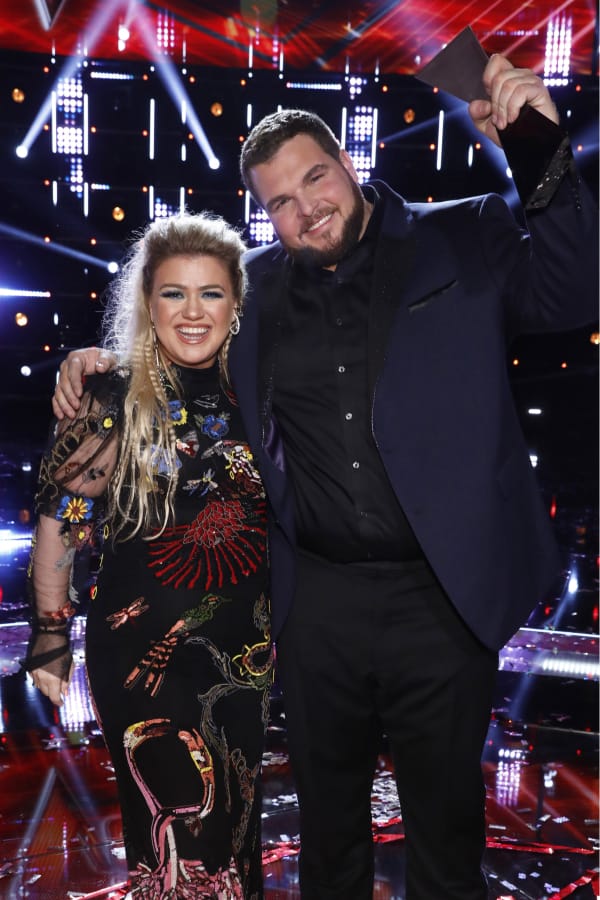Something unusual happened on “The Voice” this season: The final four singers were all really compelling. Usually there are a couple of contestants with low stakes. Not so much this time.
Jake Hoot, who was crowned the champion in the Dec. 17 finale, was candid about his recent divorce, and he cried over how much he loves his young daughter. Ricky Duran, in second place, opened up about his devastating family history; his father committed suicide, and his mother died of breast cancer. Katie Kadan, who came in third, was reluctant to sing onstage until she was 30 because she was afraid people would bully her for her size. Rose Short, in fourth place, felt trapped with “no education” in a dead-end job as a corrections officer.
All four were excellent singers looking for their break, but they also had something more to prove: Hoot, to inspire his daughter to follow her dreams. Duran, to make his parents proud. Kadan, to show that a “chubby chick living in a skinny girl’s world” can do anything. Short, to prove it’s never too late to start following your passion.
The contestants talked frequently about all these struggles, and of course it was intentional on the part of the producers. It’s Reality TV 101: The audience will connect more to the singers if they are invested in their personal lives. With these backgrounds, it’s hard not to be invested.
The riveting four exposed a revealing truth about reality TV: Age matters, but not in the way youth-obsessed Hollywood might think. Hoot is 31; Duran is 29; Kadan is 38; and Short is 34. By virtue of simply having life experience, older finalists are naturally going to have complicated backstories, in addition to offering thoughtful and diverse perspectives that make them more intriguing figures.
Collectively, this season’s final four contestants were the oldest group in the 17-season history of “The Voice,” with an average age of 33. It edges out the second-oldest crew, in Season 10, which had an average age of 32.75 among their finalists. Most seasons’ finalists are much younger — the youngest was last fall, when 13-year-old Kennedy Holmes and 16-year-old winner Chevel Shepherd brought the average down to 19.5.
This could be a helpful reminder for reality producers, as many shows appear to have an aversion to older contestants. On “American Idol,” only singers aged 15 to 28 are allowed to audition. On “Big Brother,” the annual “old guy” contestant is often a source of mockery. On “The Bachelor” franchise, any contestant over 30 is susceptible to age-shaming.
“The Voice” doesn’t have an age limit (57-year-old Dan Shafer competed in Season 11), though contestants must be at least 13 by a certain date to try out. Recent seasons have seen some of the youngest crops of finalists, including Season 14, with 15-year-old winner Brynn Cartelli and 18-year-old runner-up Britton Buchanan.
This is not to say that teenagers are always boring — some are genuinely fascinating contestants. But the younger they are, the more complicated it can get, especially depending on any stage where parents are involved. And “The Voice” already weathered one controversy that involved a younger singer: Last fall, Adam Levine encouraged viewers to vote for 14-year-old Reagan Strange over 22-year-old DeAndre Nico, even though Strange was too sick to perform. The reason? She reminded Levine of his own kids.
“I have two little girls at home. The thought of breaking her heart by not urging everyone to give this girl a shot to go and redeem herself next week would be too far beneath me,” Levine told a defeated-looking Nico. As a result, both Levine and Strange — a blameless teenager — received an enormous amount of backlash when Nico was eliminated.
About 8.6 million people watched “The Voice” finale, which is right on par with last season. So while the producers may or may not feel the need to prioritize contestants who are in their 30s, there’s no question that it would help create a more captivating show.



